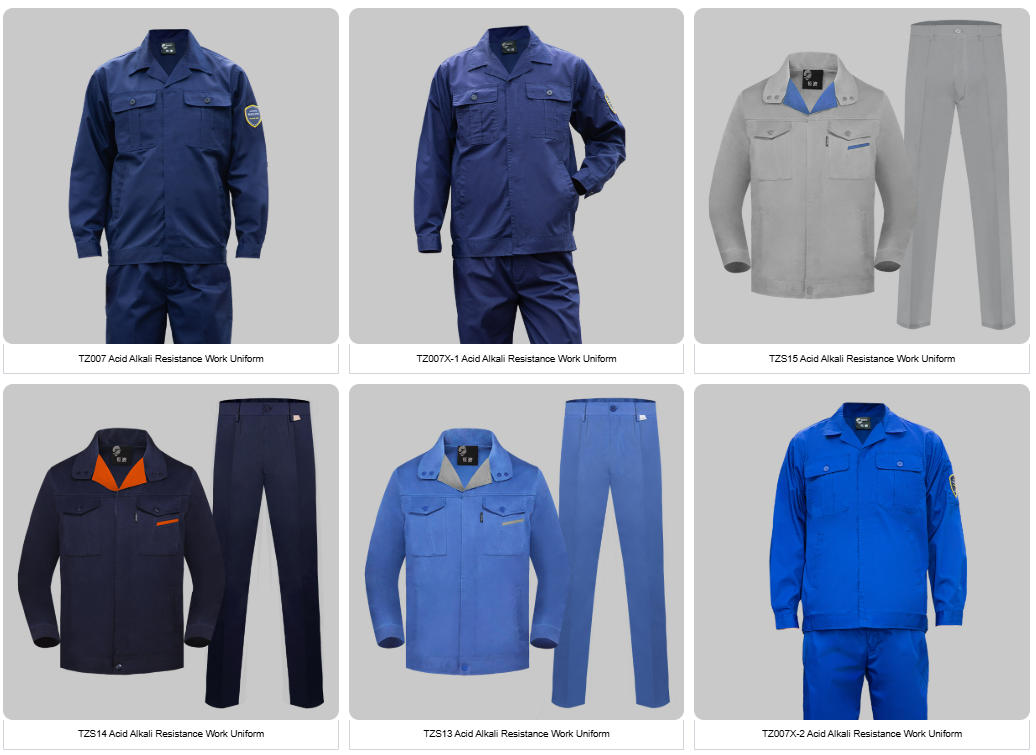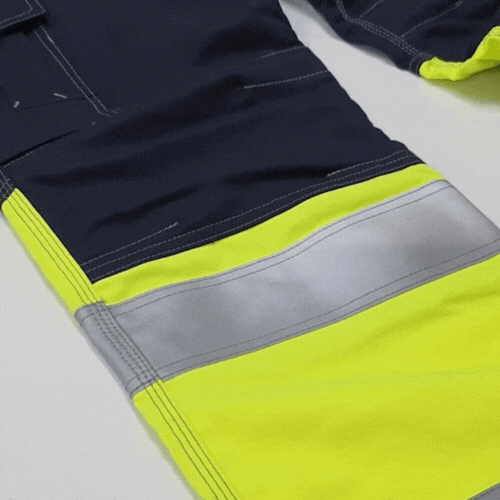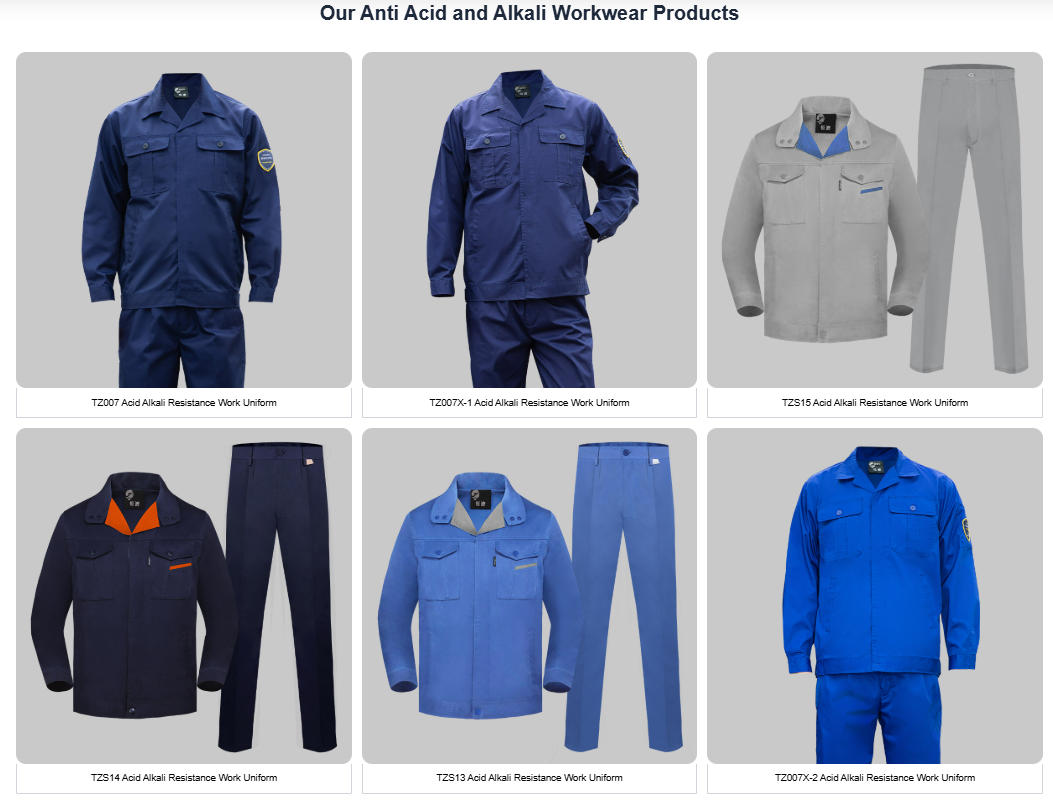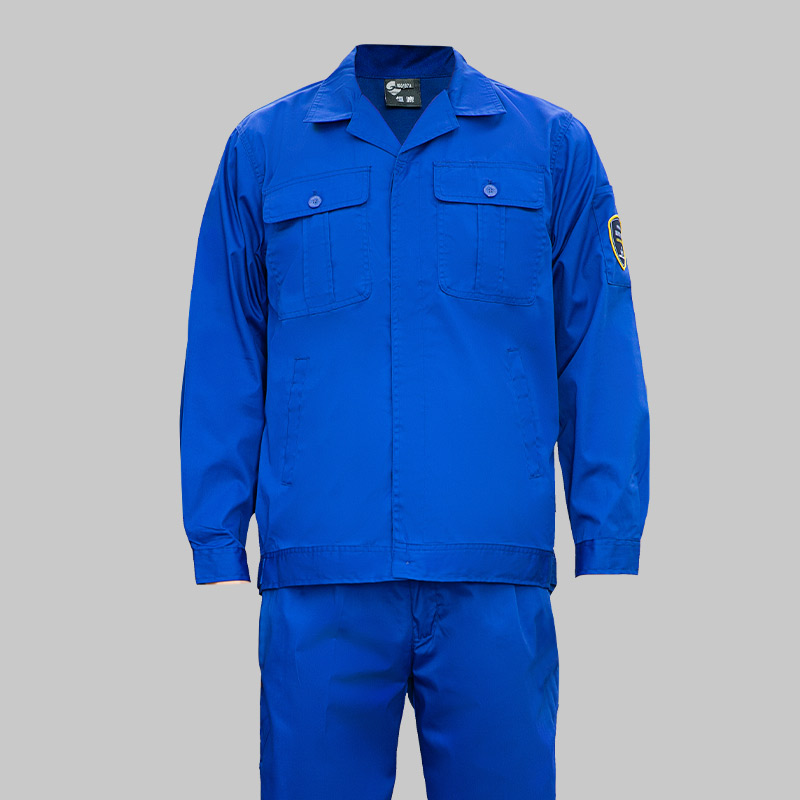Avoid Costly Mistakes and Ensure Quality
Importing custom work uniforms from China can be a game-changer for your Thai business—but only if you choose the right supplier. Asking the right questions upfront can save you time, money, and headaches. Here are the 10 essential questions to ask before placing an order:
1. What are your MOQ (Minimum Order Quantity) requirements?
-
Why it matters: Avoid overstocking or high costs. Some suppliers offer low MOQs (e.g., 100 pieces) for trial orders.
2. Can you provide a detailed breakdown of costs?
-
Ask about: Fabric, printing/embroidery, packaging, and documentation fees. Watch for hidden charges like “setup fees” for logos.
3. What is your production lead time?
-
Include: Sample approval time, mass production, and shipping. Always add a buffer (e.g., +1–2 weeks) for delays.
4. How do you handle quality control?
-
Request: Pre-shipment inspection reports, defect rate policies, and if they allow third-party inspections (e.g., SGS).
5. Can you supply references from other Thai/ASEAN clients?
-
Why: Experience with regional importers means familiarity with Thai customs, sizing preferences, and logistics.
6. What logo techniques do you recommend for my fabric?
-
Options: Embroidery (durable for polo shirts), screen printing (flat logos), or heat transfer. Ask for durability tests.
7. What shipping terms do you offer?
-
Prefer FOB (Free On Board) to retain control over freight and customs. Avoid EXW unless you have a China-based agent.
8. Do you assist with export documentation?
-
Ensure they provide:
-
Certificate of Origin (Form E for ASEAN-China FTA tariff savings)
-
Commercial invoice
-
Packing list
-
Bill of Lading
-
9. What is your policy for defective items or order errors?
-
Clarify: Who covers return shipping? Will they reprint or refund? Define a maximum acceptable defect rate (e.g., 2%).
10. Can you adapt to Thai sizing charts?
-
Avoid one-size-fits-all: Provide specific sizing requirements (e.g., Asian fit vs. Western fit) to reduce returns.
Pro Tip
Always get answers in writing—especially policies on defects, payments, and timelines. Use a proforma invoice (PI) to lock in details before paying a deposit.
Download a printable PDF checklist to share with your team:
👉 [Link: 10 Questions_Uniform_Supplier_Checklist]
Explore more:
-
“How to Negotiate with Suppliers: A Guide for Thai Businesses”
-
“Understanding Thailand’s Textile Import Regulations”
Follow us for actionable import tips! 🚀





